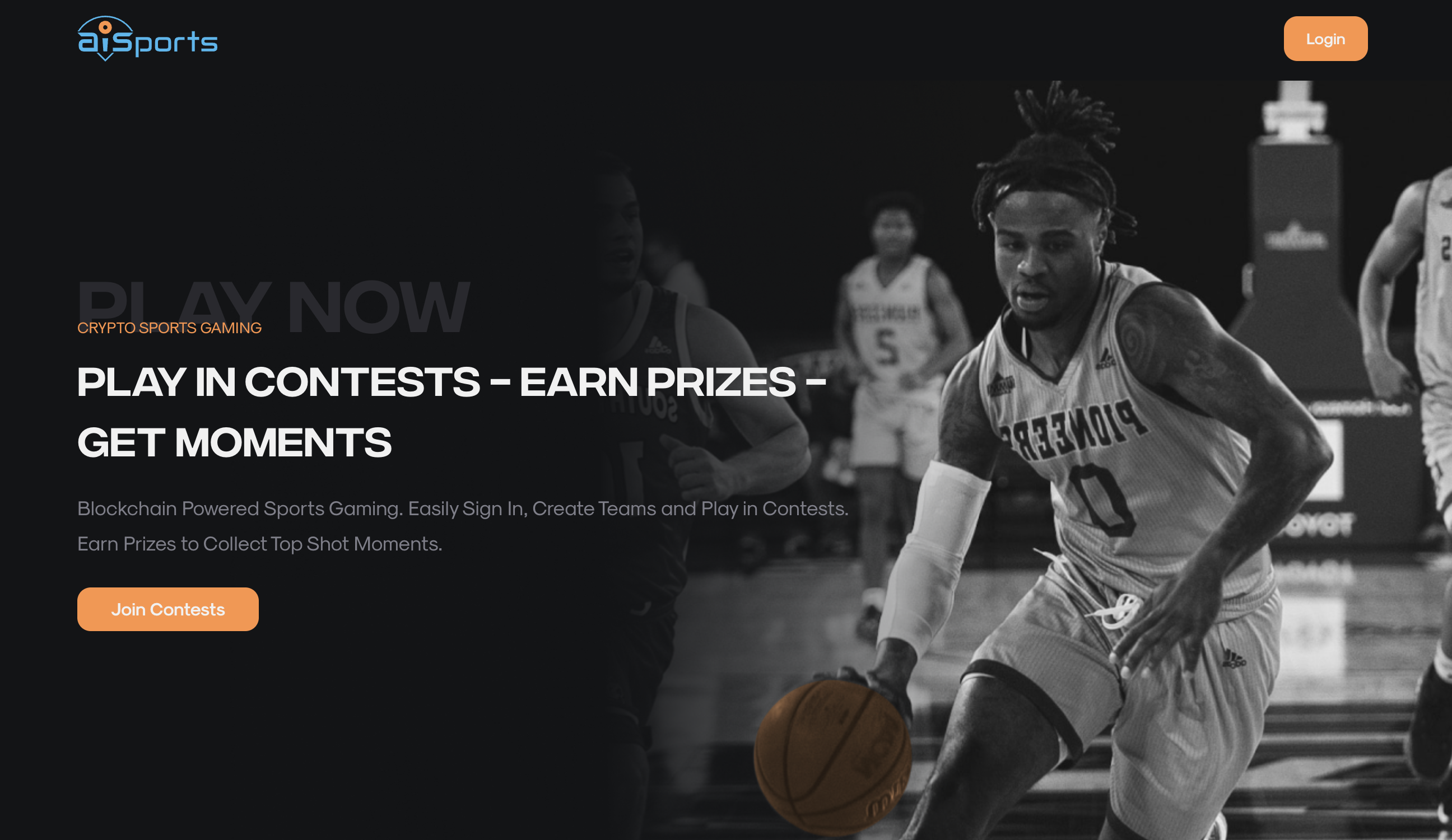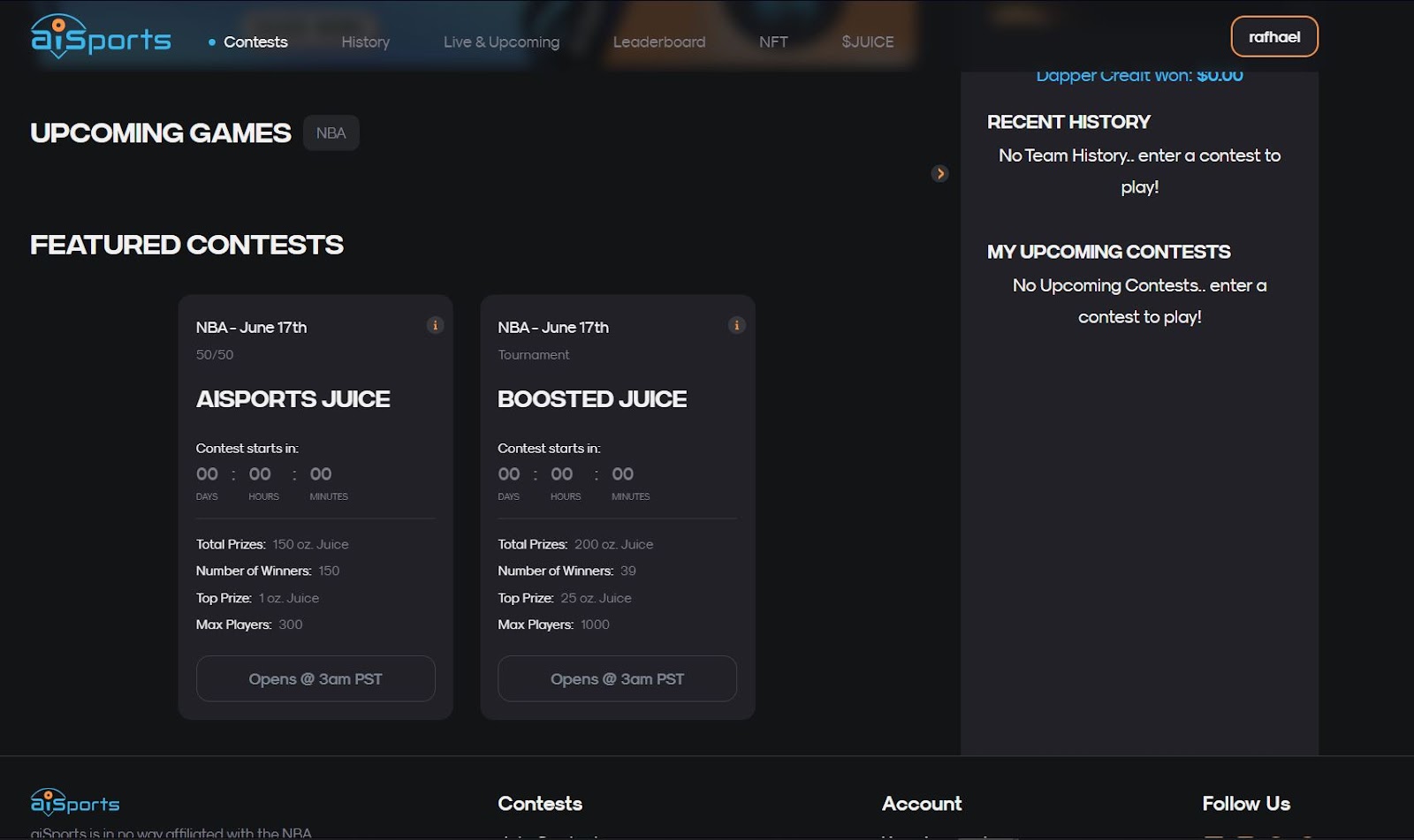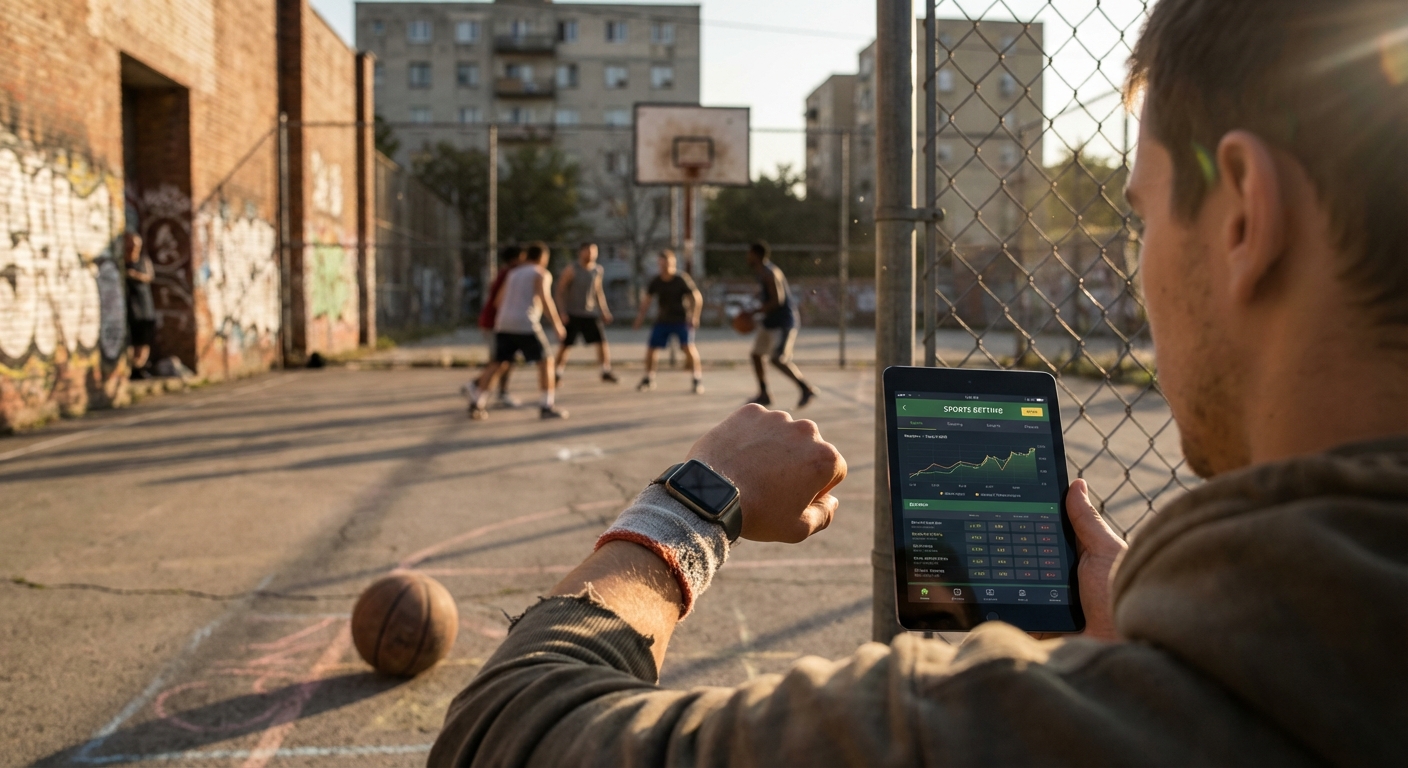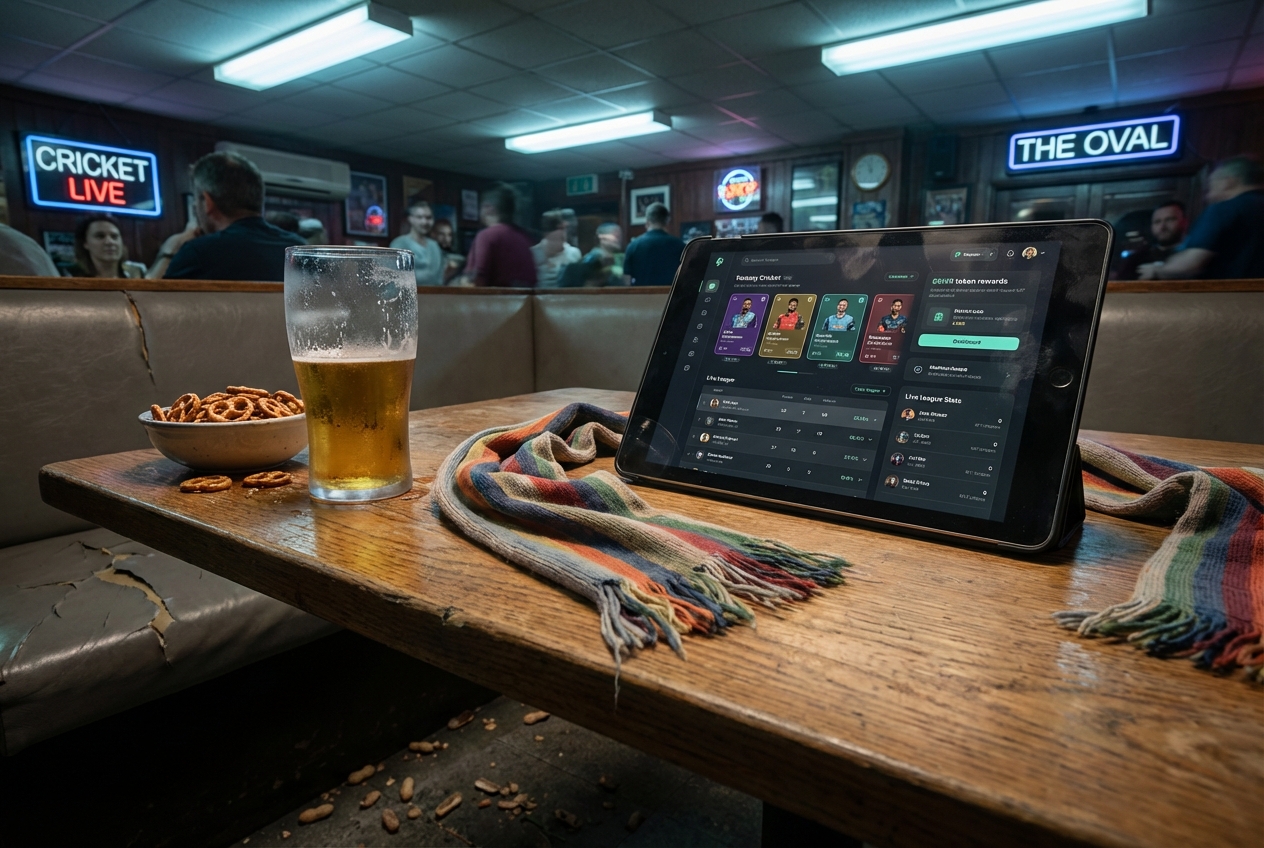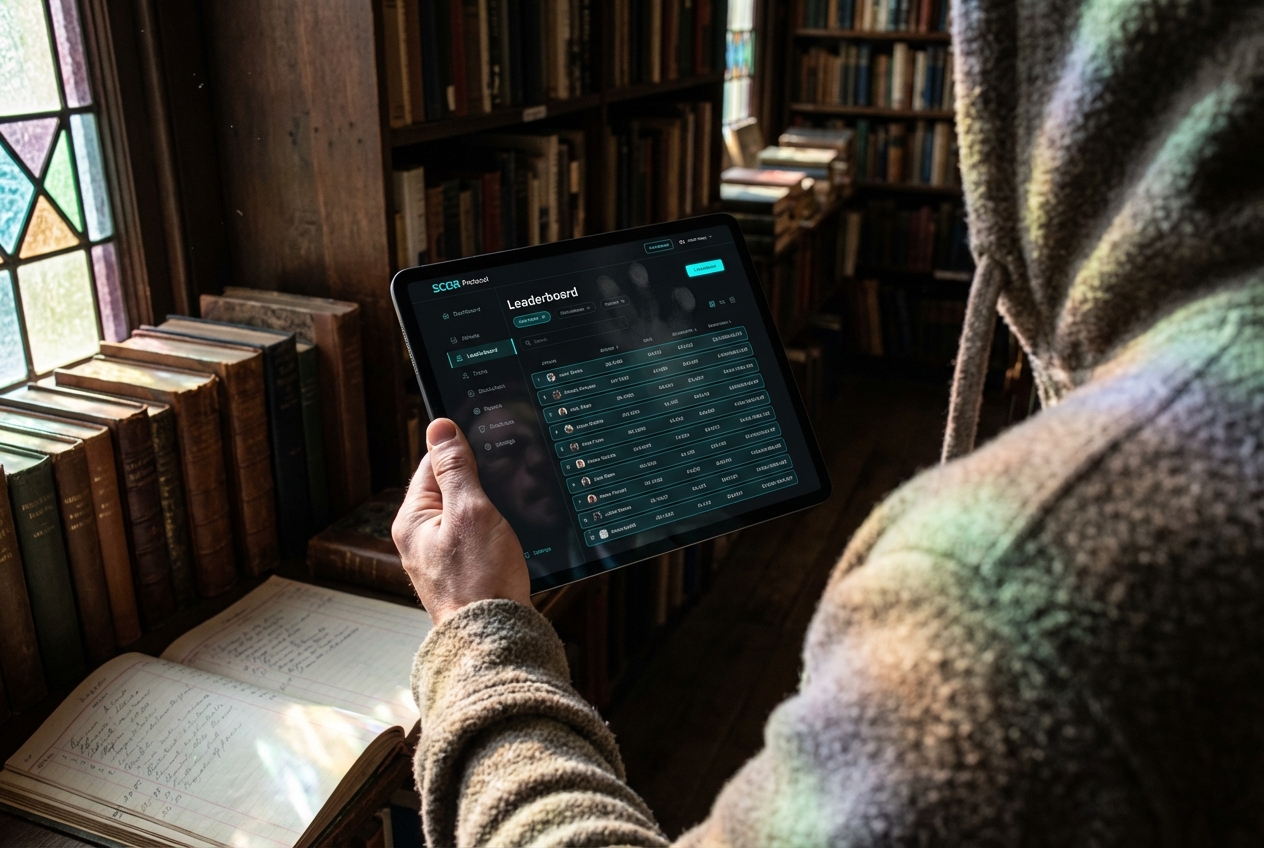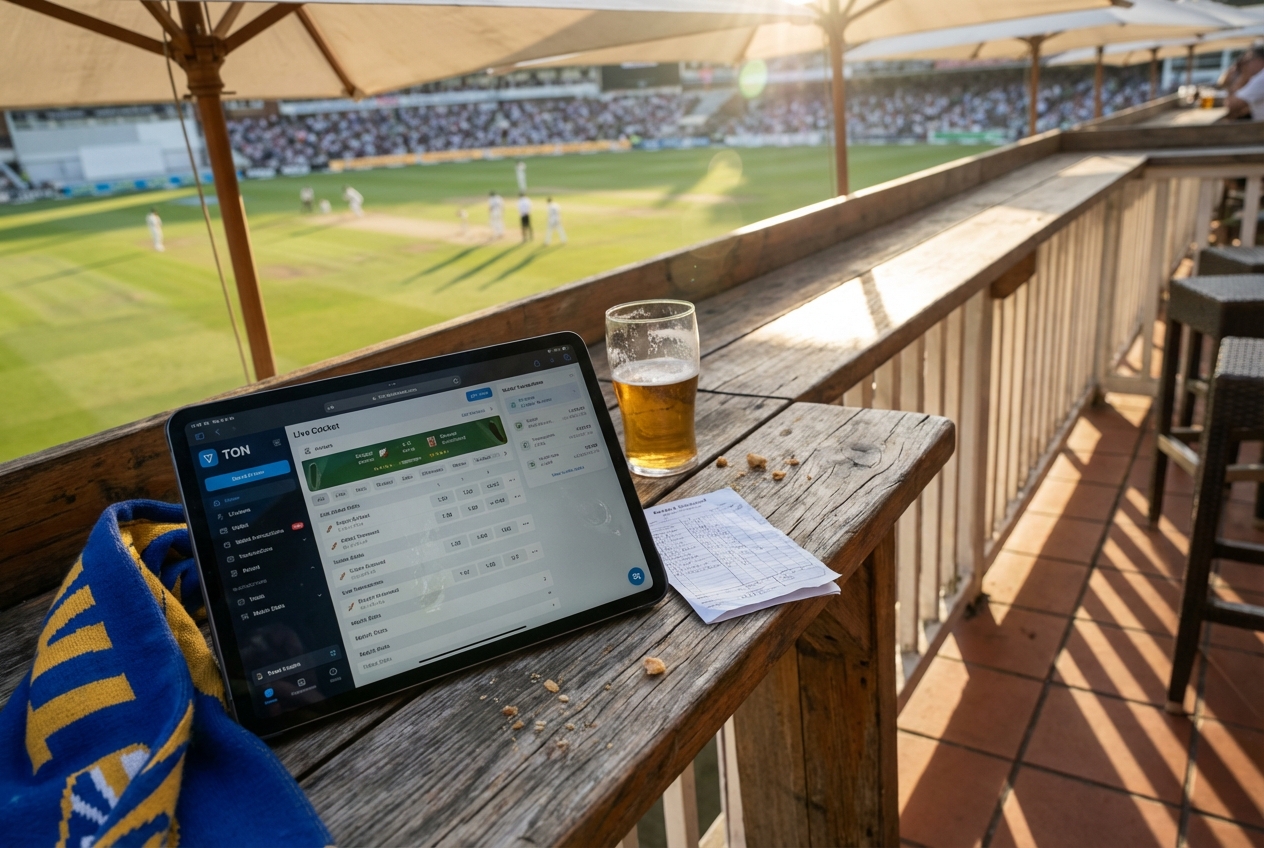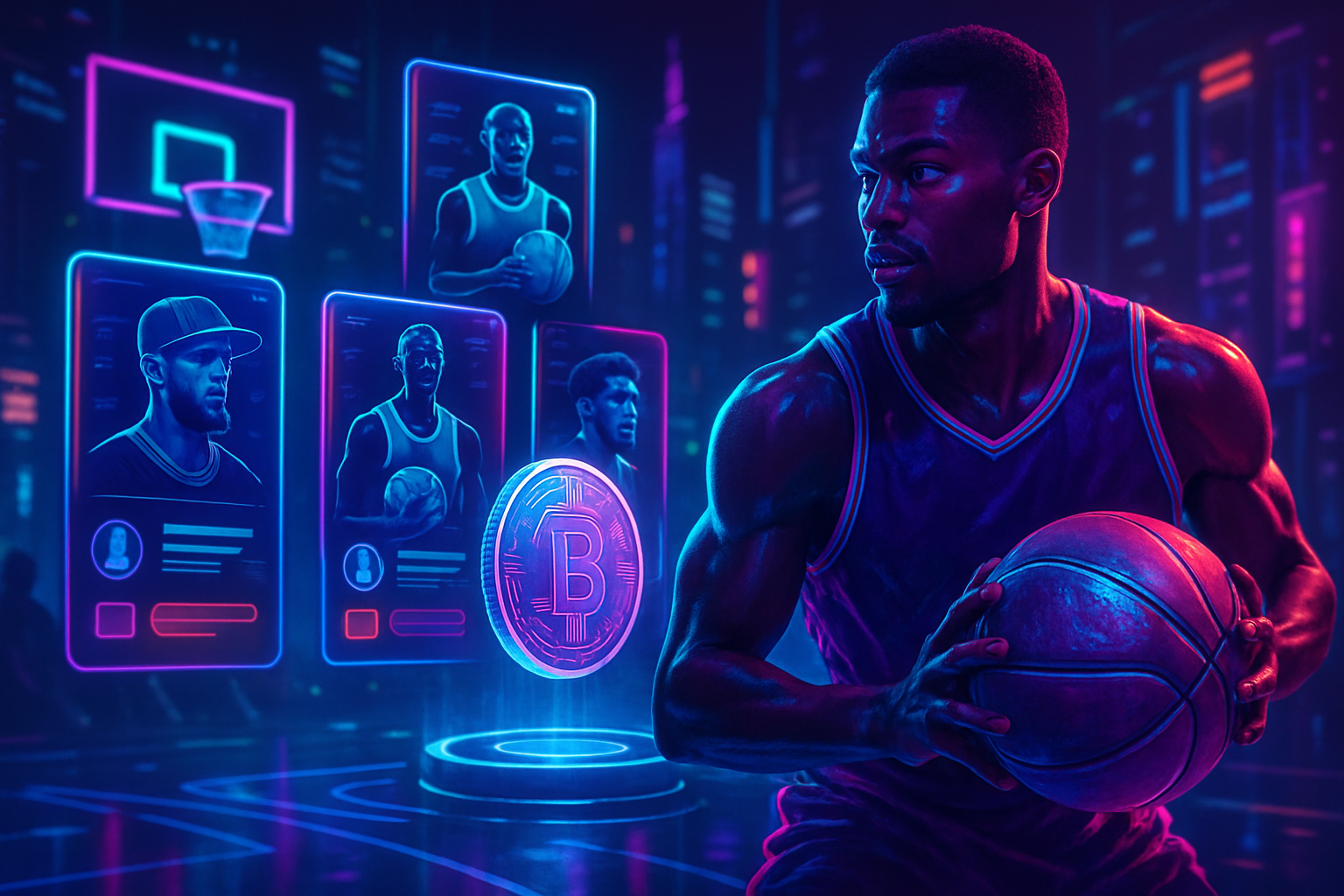
Fantasy basketball has always been about strategy, stats, and the thrill of building a dream team. But in 2025, NBA fans are experiencing a seismic shift: fantasy basketball on blockchain is rewriting the rules. From drafting lineups as NFTs to speculating on player value in real time, the game is now as much about digital ownership and decentralized betting as it is about points and rebounds.
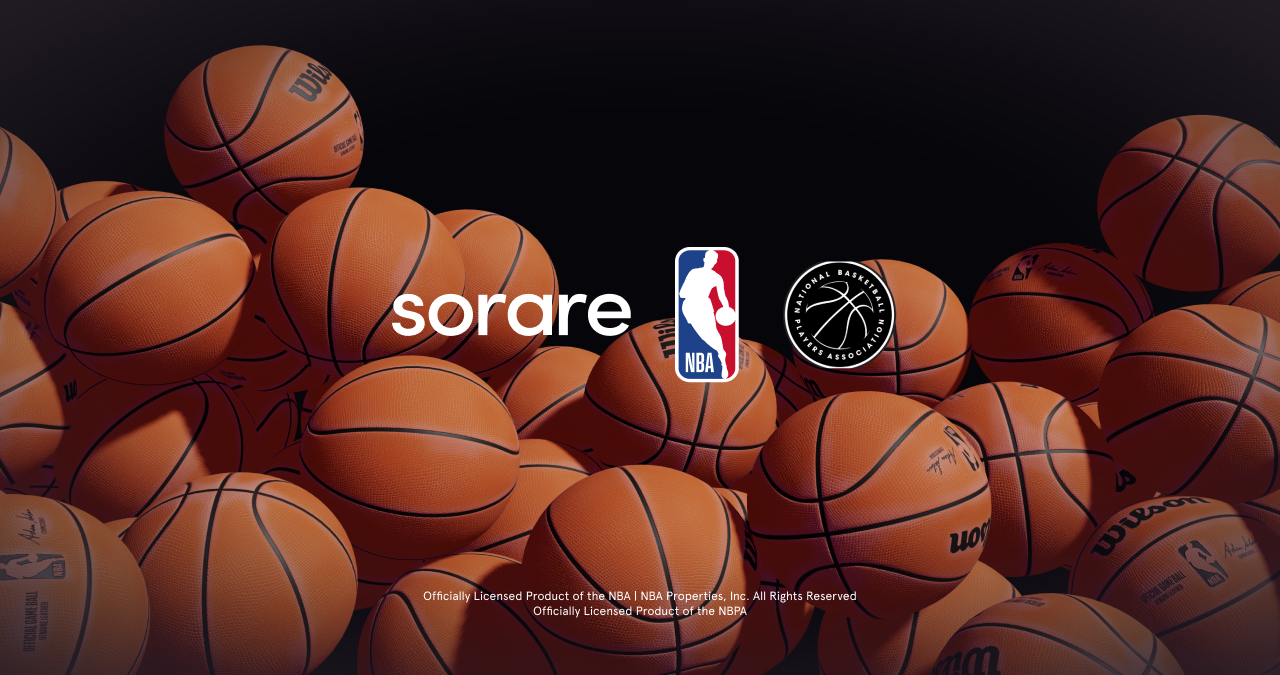
NBA On-Chain Fantasy: Where Drafting Meets True Ownership
Forget the days when your fantasy picks vanished at season’s end. Platforms like Sorare, backed by official NBA and NBPA partnerships, let you collect digital player cards as NFTs. These aren’t just pretty pictures – they’re blockchain assets you own, trade, or sell. Build your fantasy roster by acquiring cards that represent real NBA talent, then compete in contests where your players’ real-world performances drive your score.
The best part? Your cards don’t expire. Star rookies can become blue-chip assets if they break out mid-season. And if you draft a sleeper who turns into an All-Star? That NFT’s value could soar – just like your bragging rights.
On-Chain Betting and Speculation: Real-Time Action for NBA Fans
The blockchain revolution isn’t just about collecting; it’s about active speculation. With projects like Tristan Thompson’s upcoming basketball. fun, fans will soon be able to buy tokenized shares of NBA players on platforms like Somnia. Player values fluctuate based on live game stats, injuries, and even social sentiment – so if you think a benchwarmer is primed for a breakout night, you can back your hunch with real skin in the game.
This isn’t just theory – it’s already happening. On Sorare, Playible, and similar platforms, users can enter daily or season-long fantasy contests where their NFT lineups compete for crypto prizes or exclusive collectibles. The result? A dynamic ecosystem where every dunk, steal, or buzzer-beater can move markets.
Key Features of Blockchain Fantasy Basketball Platforms
-
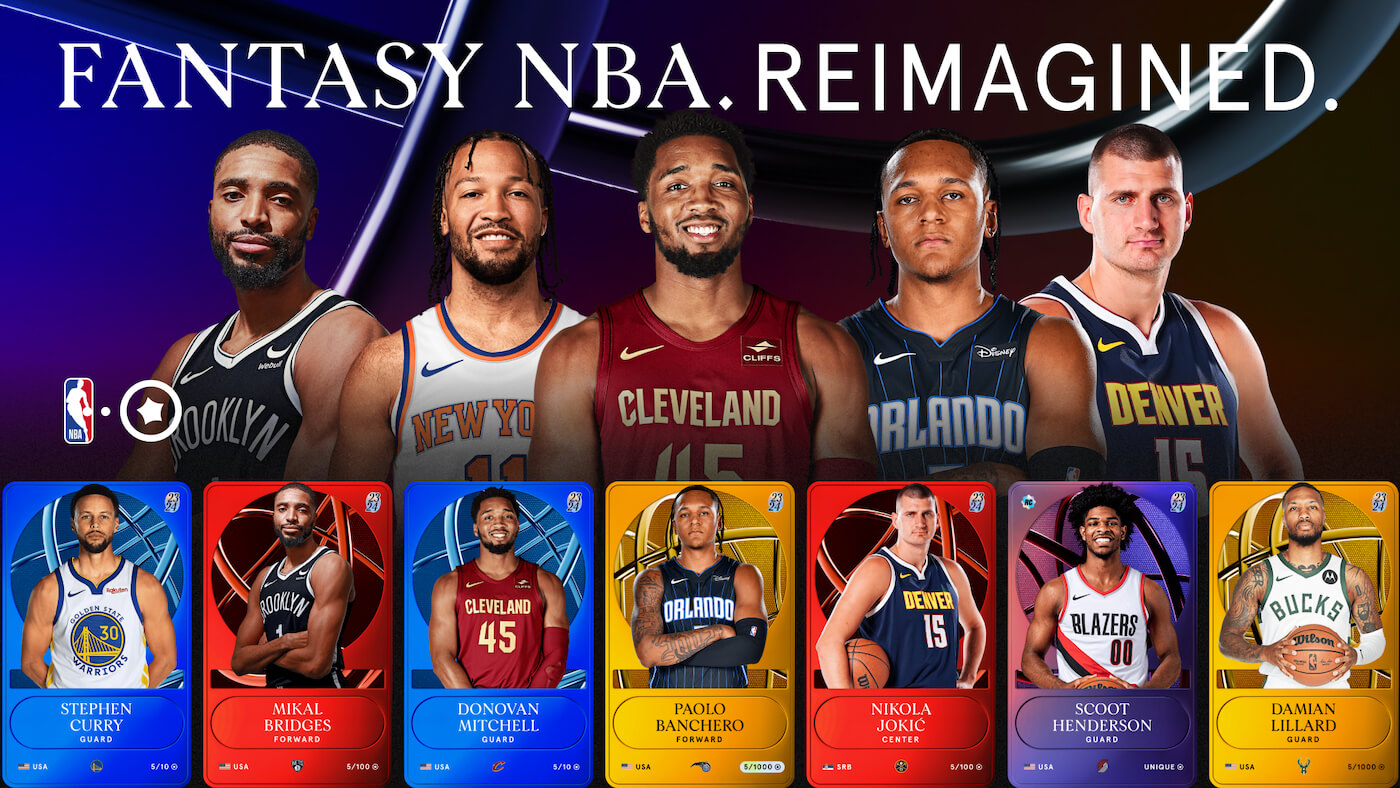
Officially Licensed NFT Player Cards: Platforms like Sorare NBA and NBA Top Shot offer officially licensed, NFT-based digital cards representing real NBA athletes, allowing fans to collect, own, and trade unique player assets.
-
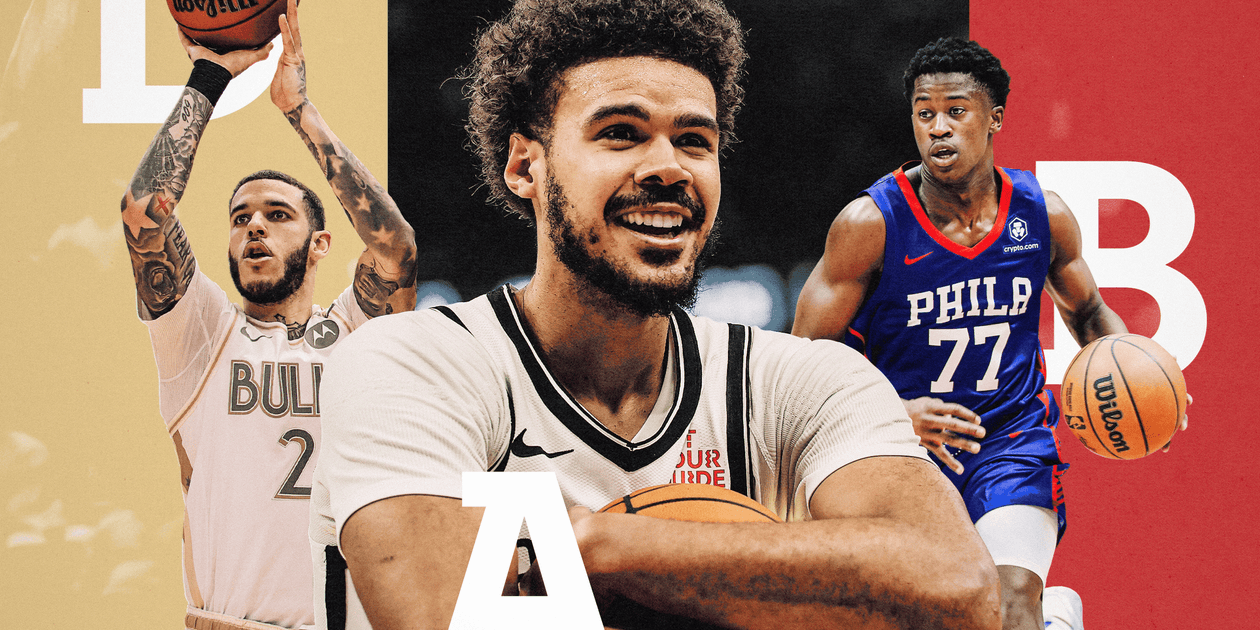
Real-Time Performance-Based Gameplay: Fantasy contests on blockchain platforms use live NBA stats to determine player scores, making every game impactful for your lineup. This adds a dynamic, real-world connection to your fantasy experience.
-
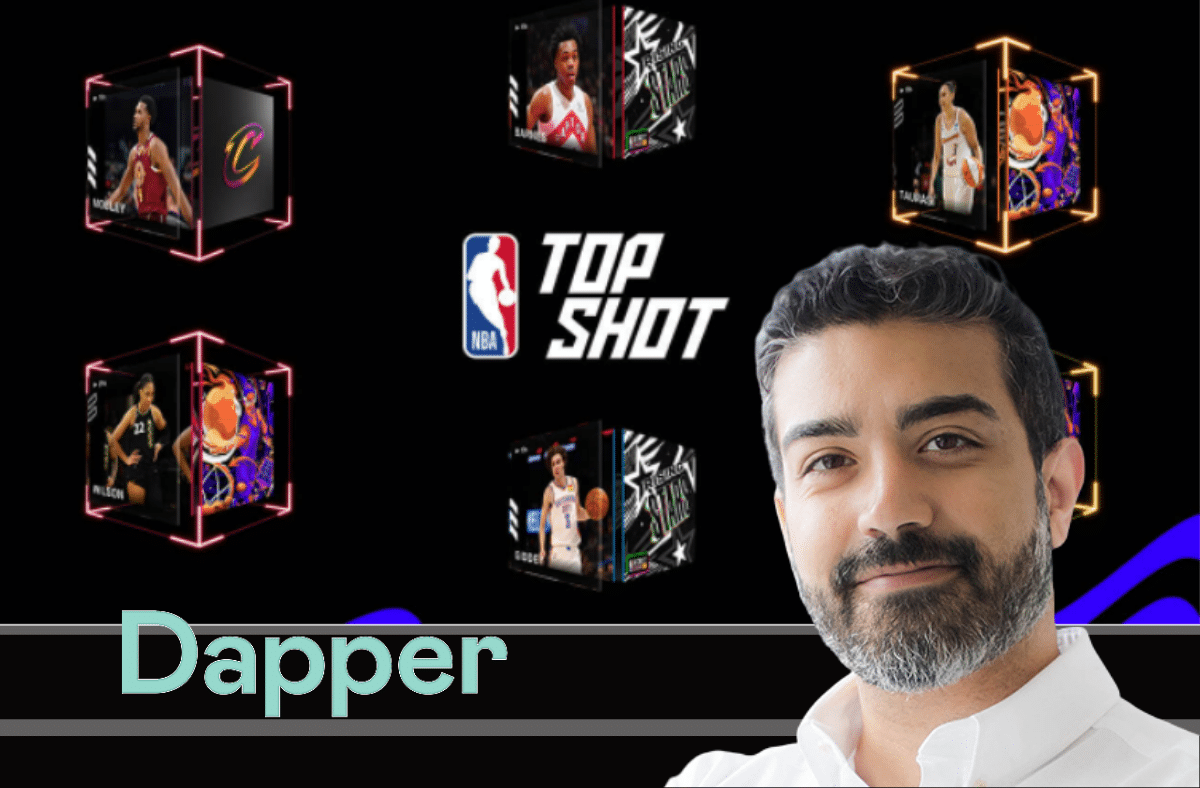
True Digital Ownership and Trading: Thanks to blockchain technology, users have verifiable ownership of their digital assets and can freely buy, sell, or trade them on open marketplaces, such as the NBA Top Shot Marketplace.
-
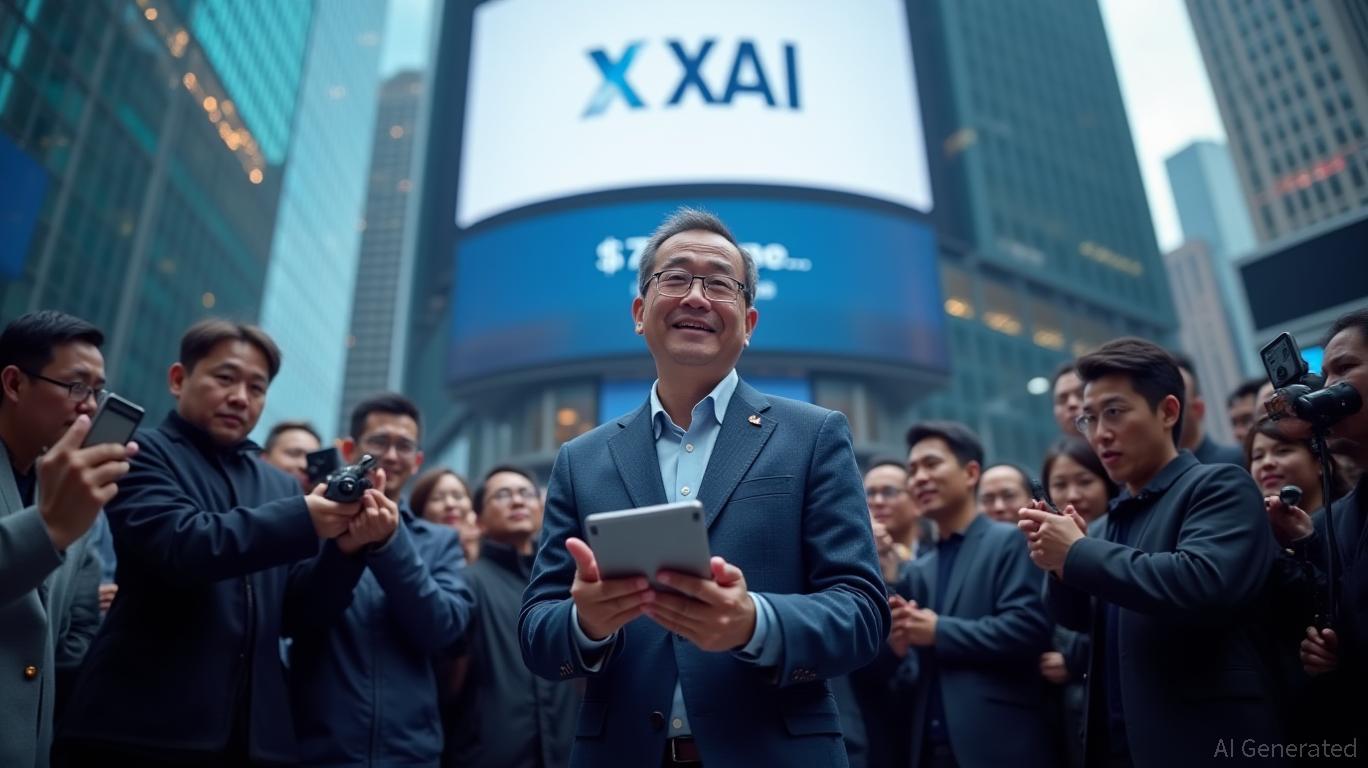
Tokenized Player Value and Speculation: Projects like basketball.fun (powered by Somnia blockchain) let fans speculate on player value, with tokens that fluctuate based on real-world performance and community sentiment.
-
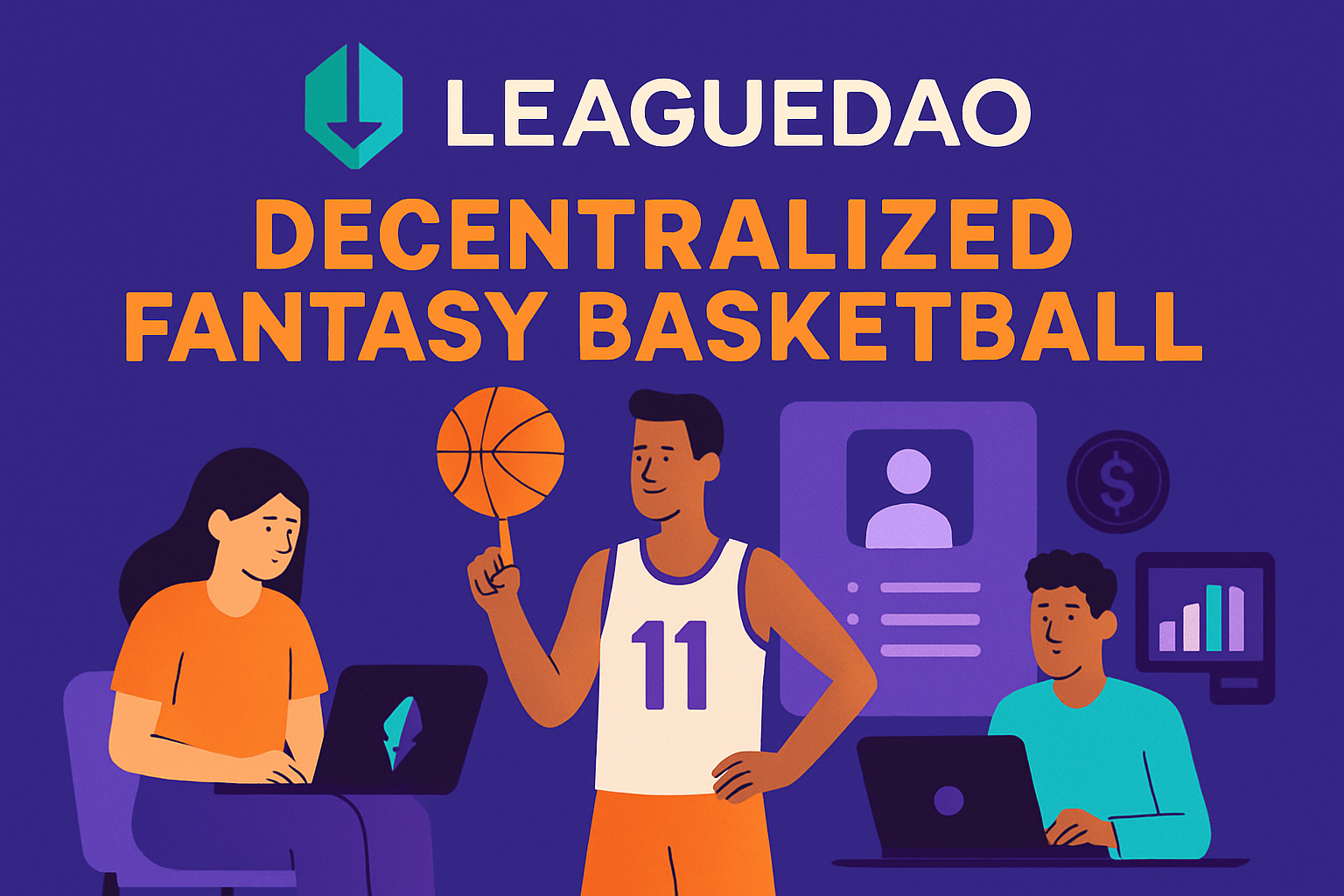
Decentralized Leagues and Open Protocols: Projects like LeagueDAO offer open-source, decentralized fantasy sports protocols, empowering users to create custom leagues and manage them transparently on-chain.
-
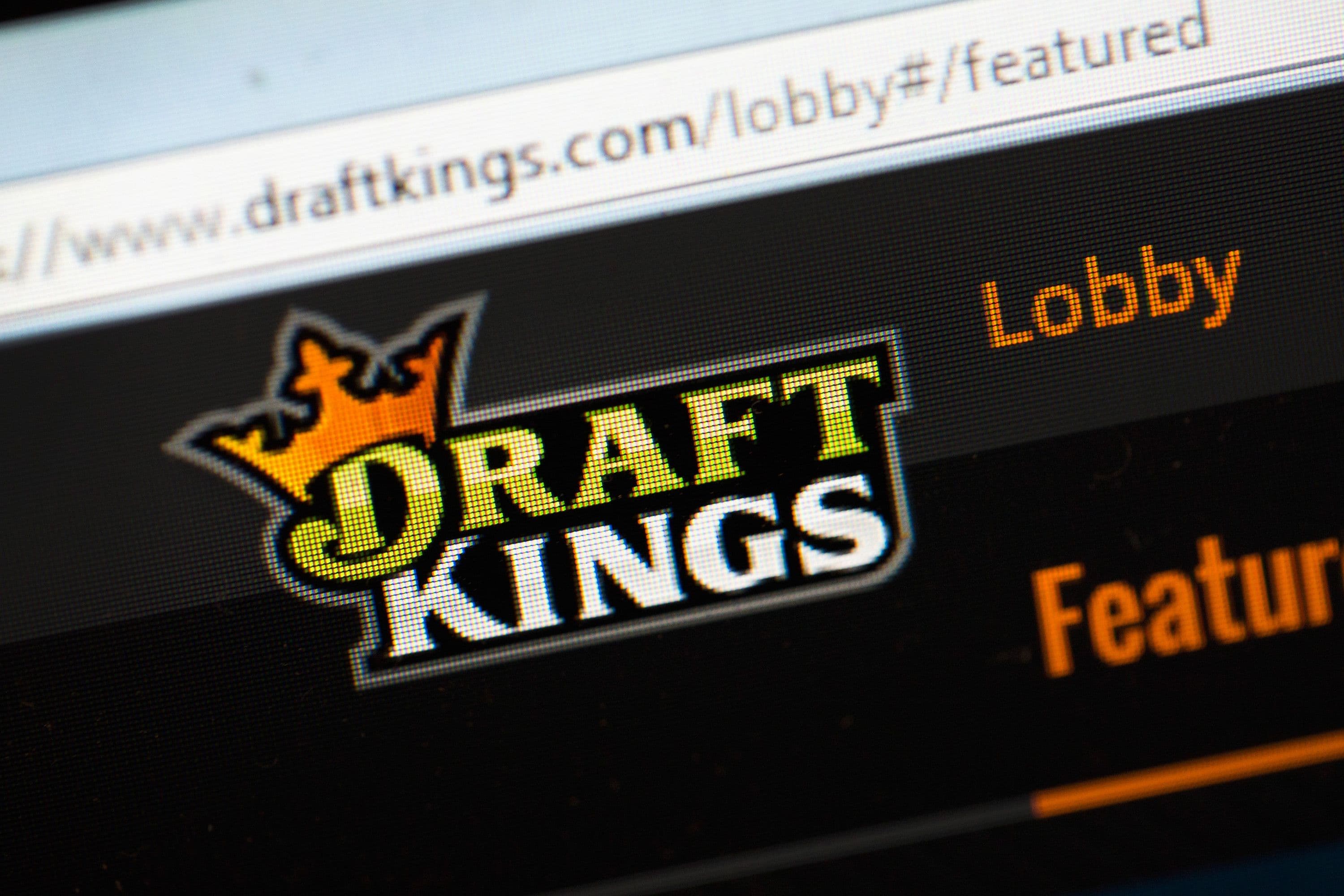
Regulatory Considerations and Security: With evolving legal landscapes (like the recent ruling on DraftKings’ digital trading cards), platforms are focusing on compliance and secure asset management to protect users and ensure fair play.
The Marketplace: Buying, Selling, and Trading Player NFTs
Blockchain sports ownership means that every card or token representing an NBA player is traceable back to you on-chain – no more disputes over who owns what. Marketplaces built into platforms like Sorare allow users to buy low on prospects or sell high after a hot streak. If you’re savvy (or lucky), flipping digital assets can be as rewarding as setting the perfect lineup.
This new era also introduces risks and regulatory wrinkles. For example, a recent ruling by a U. S. District Judge in Boston classified DraftKings’ digital trading cards as securities (source). As always with crypto innovation, staying informed is crucial before diving in headfirst.
What’s truly game-changing is the liquidity and interoperability of these assets. Unlike old-school fantasy leagues where your picks are stuck on one site, NFT player cards can often be traded across multiple platforms or even used in different games. For example, Sorare cards aren’t just for fantasy contests – they’re also collectibles with value on secondary marketplaces. The more utility a card has, the more demand it can generate, especially if a player’s real-world stock is rising fast.
And it’s not just about trading stars. Some platforms let you stake or lend your NFTs for yield, participate in governance votes, or unlock exclusive experiences with players and teams. The result? Fantasy basketball on blockchain isn’t just a game – it’s an entire digital economy built around NBA fandom.
Community and Social Play: More Than Just Stats
The social layer is where on-chain NBA fantasy really shines. Communities form around favorite players, rare card drops, or high-stakes tournaments. Discords and DAOs (decentralized autonomous organizations) spring up to coordinate group buys or share intel on rising rookies. On-chain transparency means every trade, win, or loss is public – so savvy moves earn you reputation as well as rewards.
Gamified features like quests, badges, and leaderboards keep things fresh all season long. And with projects like basketball. fun promising direct engagement between fans and athletes (think live Q and amp;As or token-gated events), the lines between spectator and participant are blurring fast.
Getting Started: Tips for New On-Chain Fantasy Players
If you’re new to NBA on-chain fantasy, here are some practical steps to jump in:
Essential Tips for Blockchain Fantasy Basketball
-
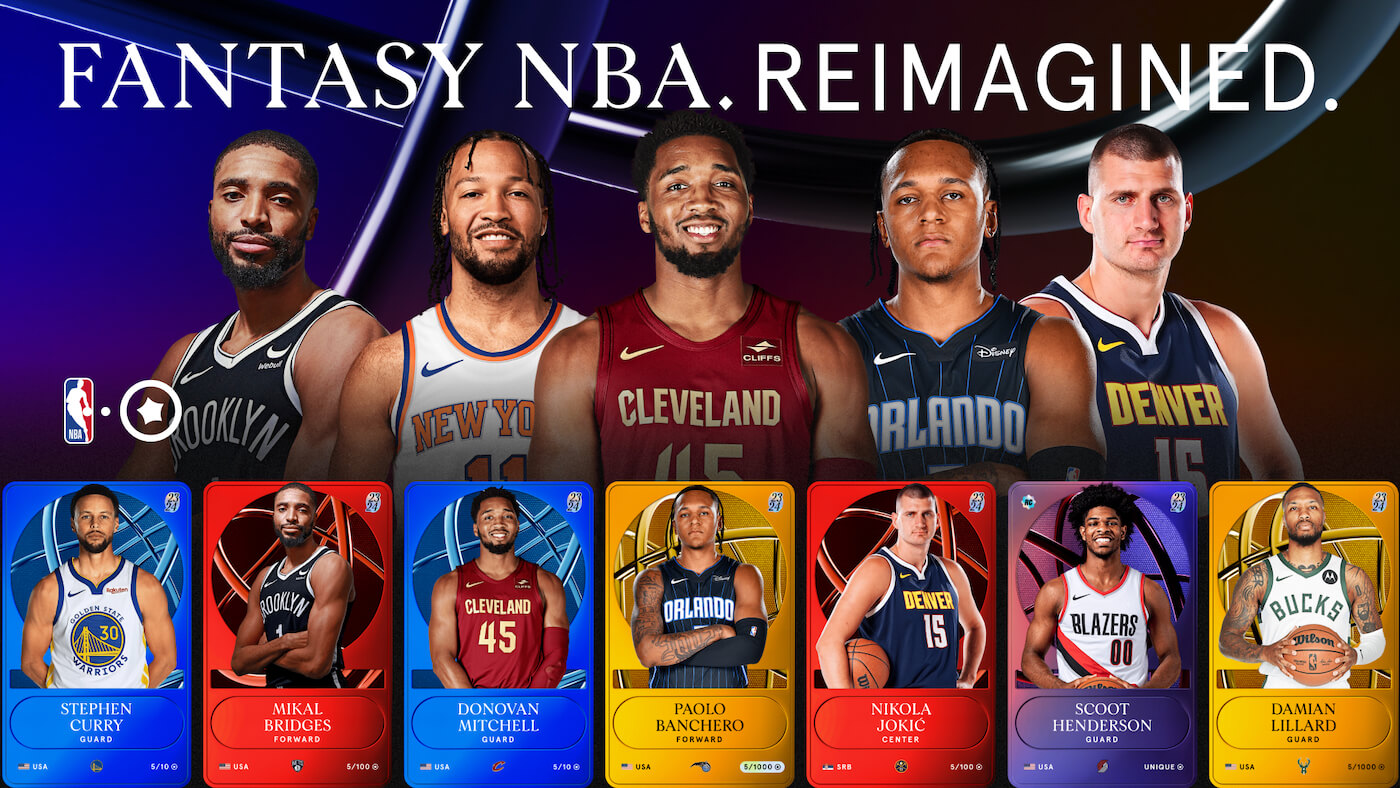
Start with Officially Licensed Platforms: Choose reputable platforms like Sorare NBA or NBA Top Shot for secure and authentic fantasy experiences.
-
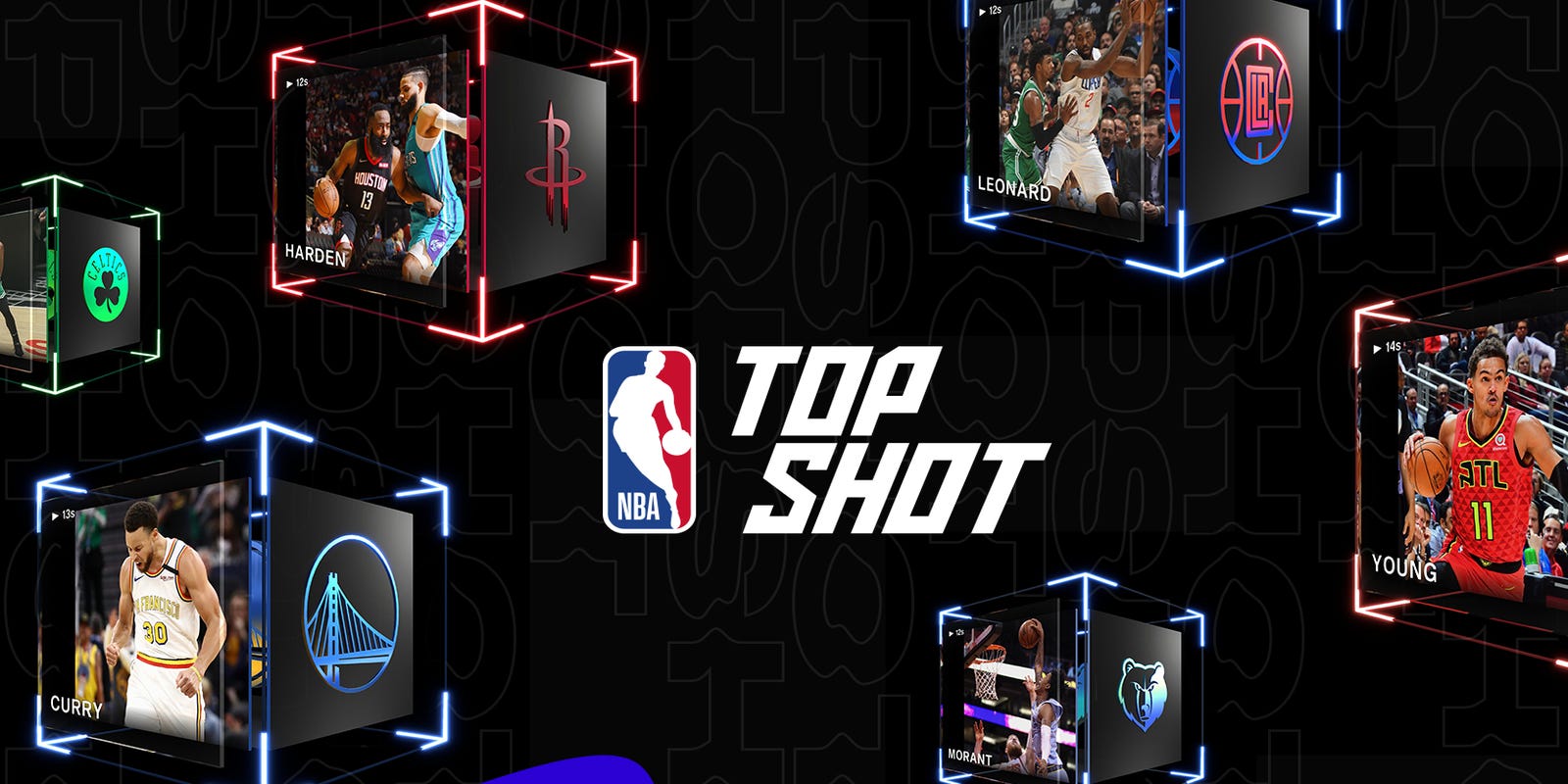
Understand NFT Player Cards: Learn how NFT-based player cards work—these digital collectibles represent real NBA athletes and can be bought, sold, and traded on blockchain marketplaces.
-
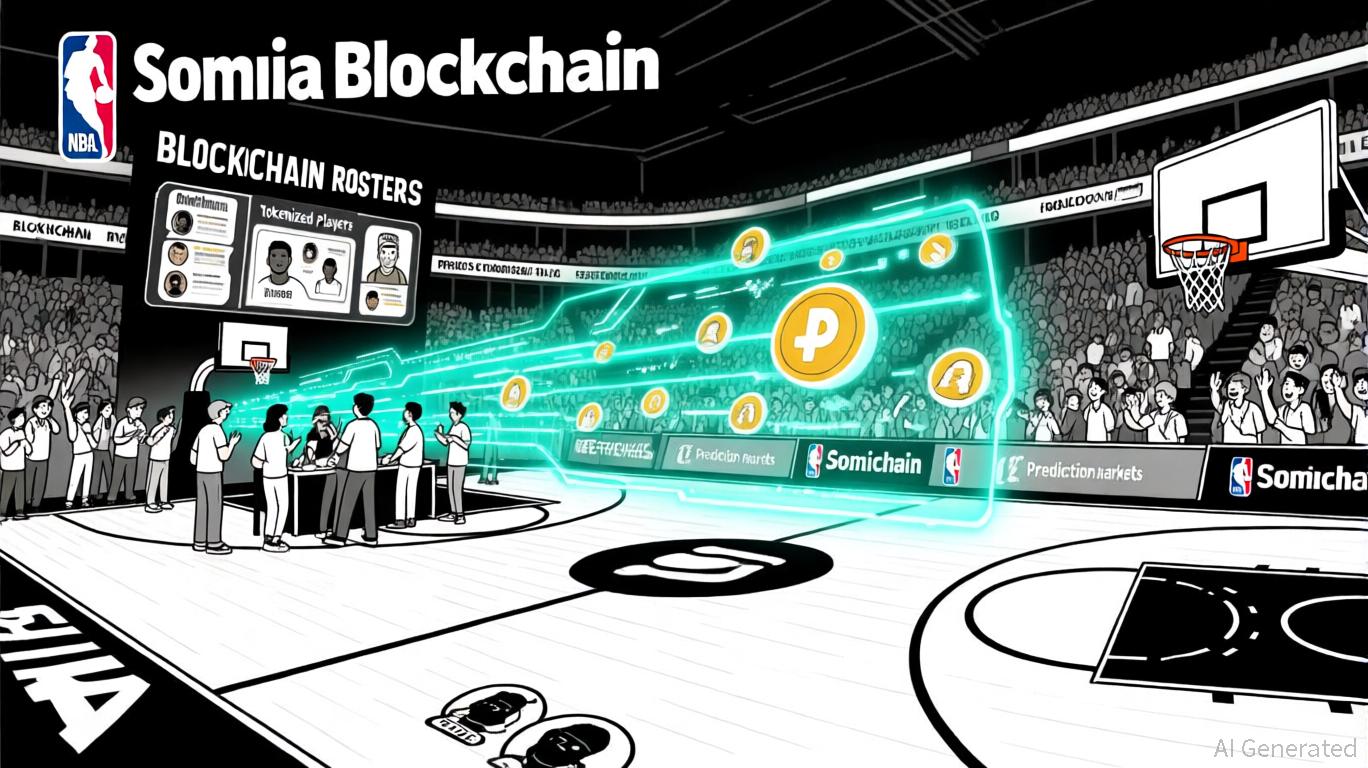
Track Real-Time Player Performance: Platforms like basketball.fun (powered by Somnia blockchain) let you speculate on player value that fluctuates with real-world game stats and fan sentiment.
-
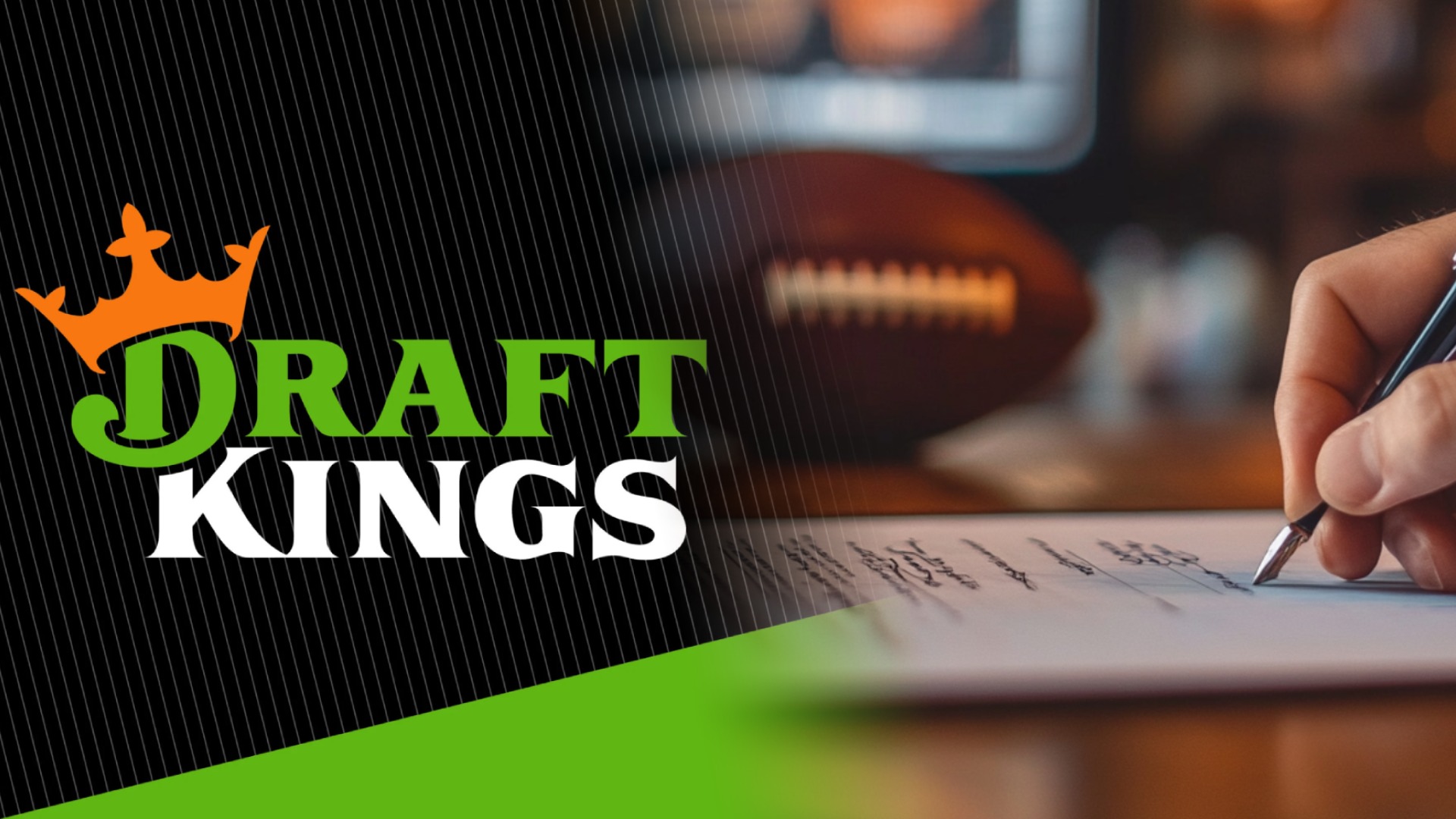
Stay Informed About Legal and Regulatory Changes: Follow updates on rulings—like the recent U.S. District Judge decision that DraftKings’ digital trading cards are considered securities—to ensure you’re playing within the law.
-
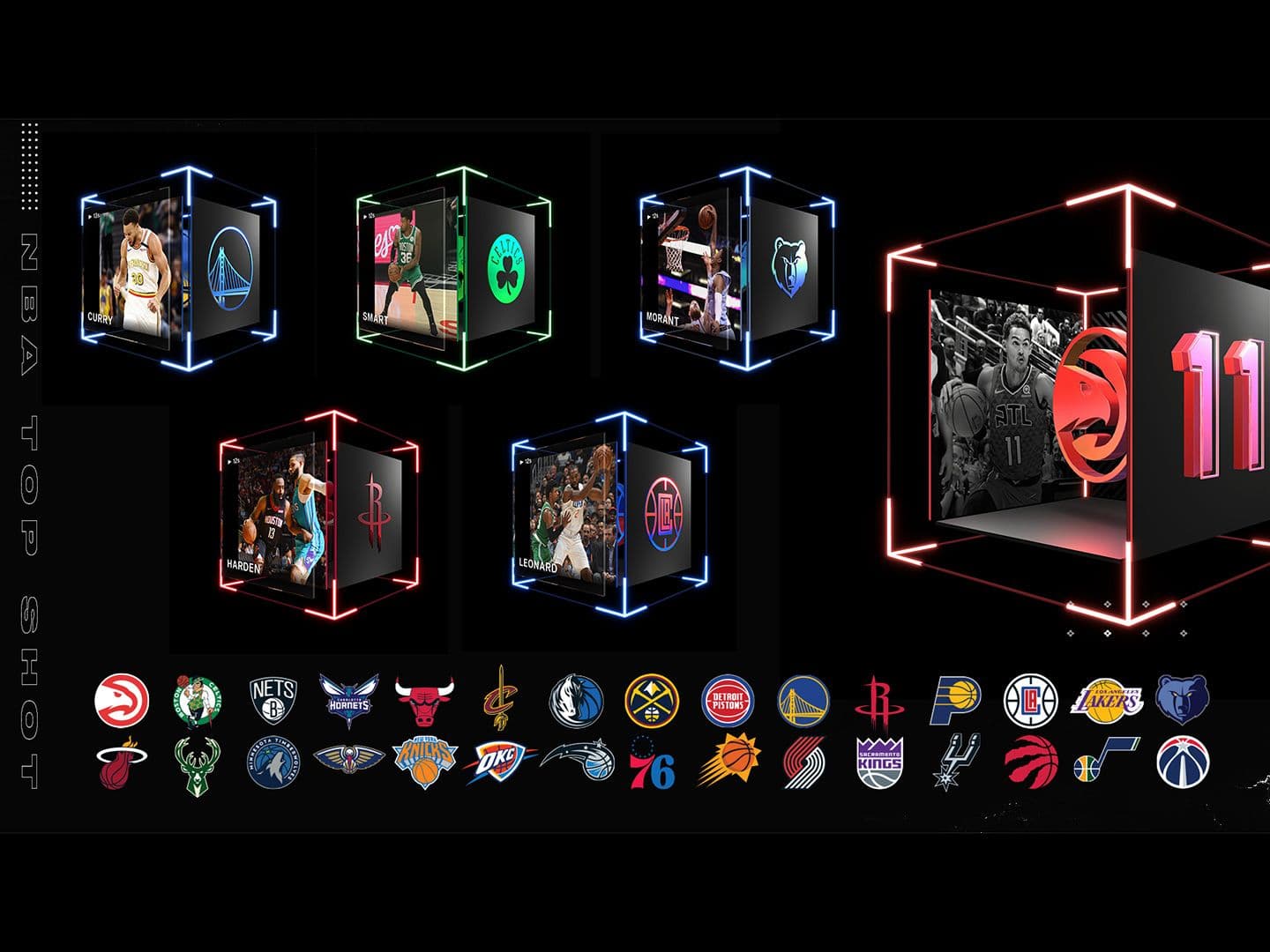
Secure Your Digital Wallet: Use trusted crypto wallets compatible with your chosen platform to store NFTs and manage transactions safely.
-
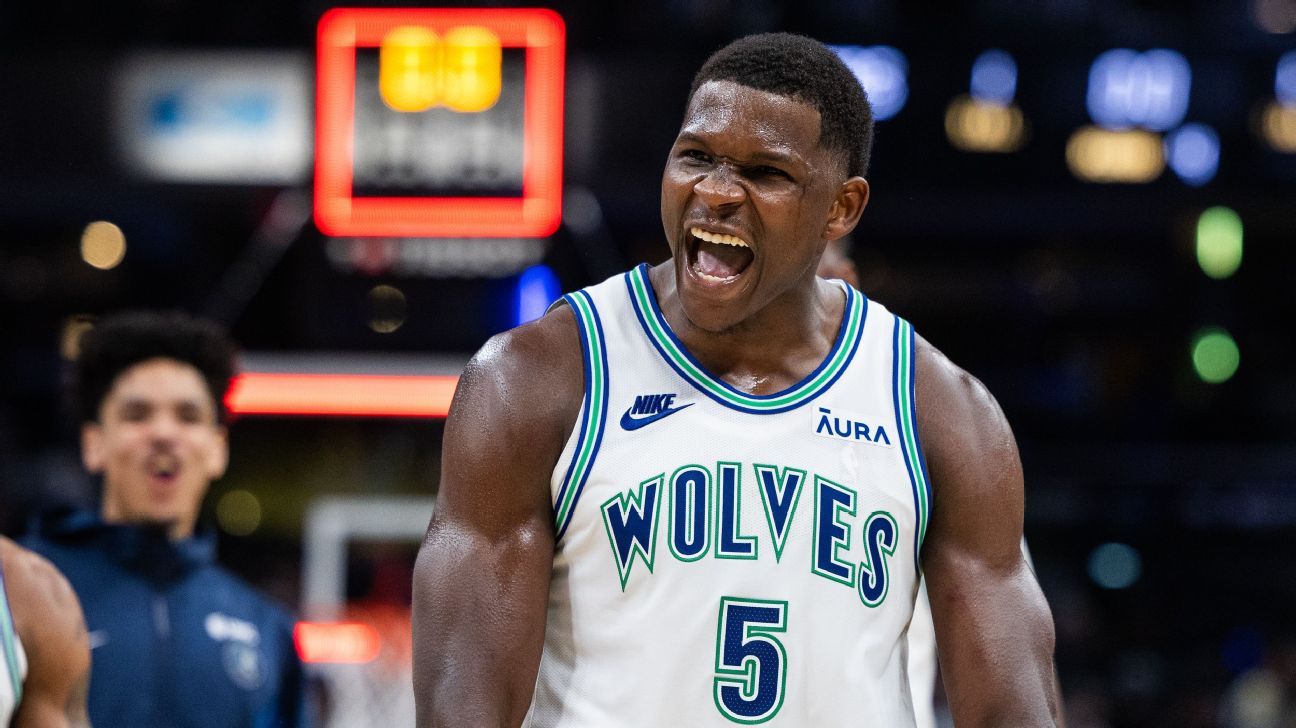
Research Player Trends and Marketplaces: Monitor player stats, injury reports, and marketplace trends to make informed drafting and trading decisions.
– Do your research before buying player NFTs or tokens. – Start small; test strategies in free-to-play contests first. – Watch for regulatory updates that could impact trading or ownership. – Engage with community channels for insights and support. – Track real-world player news – injuries and trades move NFT prices fast!
The future? Expect more integrations between real-world NBA action and digital ownership. As projects like Sorare (details here) evolve, we’ll see deeper gameplay mechanics, bigger prizes, and more ways to turn your hoops knowledge into crypto rewards.
The bottom line: fantasy basketball blockchain platforms aren’t just riding the wave of Web3 hype – they’re building a new court where anyone can draft their dream team, speculate on tomorrow’s MVPs, and own a piece of basketball history. Whether you’re a die-hard fan or crypto curious newbie, there’s never been a better time to get off the sidelines.



